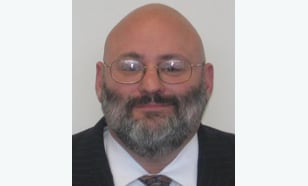In Boston Scientific v. Lee, No. 1:13-cv-13156-DJC (N.D. Cal. August 4, 2014), the court addressed two areas of e-discovery of particular interest: the need for cooperation in conducting e-discovery successfully, and the digital forensic investigative steps frequently taken when a high-level employee leaves a company to start or join a rival and is suspected of taking with him or her important intellectual property—what I refer to as “departing employee triage,” or DET. I have written about both topics at length in this column.
In Boston Scientific, or BSC, the court approved of the protocol best used in such matters when the old company wants to examine the new company’s digital media, but refused to impose it upon the new company because the old one had played games with discovery rather than working sincerely to cooperate. A review of the opinion sheds light on both important topics.
the opinion
This content has been archived. It is available through our partners, LexisNexis® and Bloomberg Law.
To view this content, please continue to their sites.
Not a Lexis Subscriber?
Subscribe Now
Not a Bloomberg Law Subscriber?
Subscribe Now
LexisNexis® and Bloomberg Law are third party online distributors of the broad collection of current and archived versions of ALM's legal news publications. LexisNexis® and Bloomberg Law customers are able to access and use ALM's content, including content from the National Law Journal, The American Lawyer, Legaltech News, The New York Law Journal, and Corporate Counsel, as well as other sources of legal information.
For questions call 1-877-256-2472 or contact us at [email protected]



